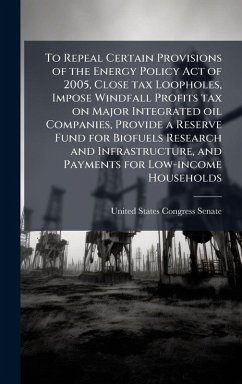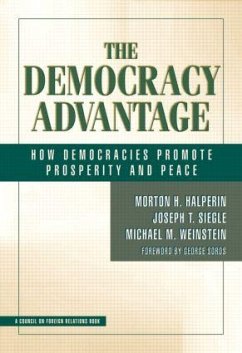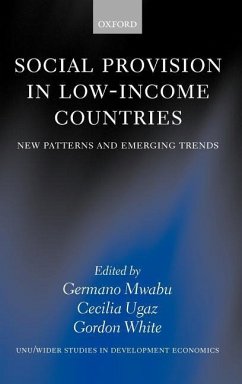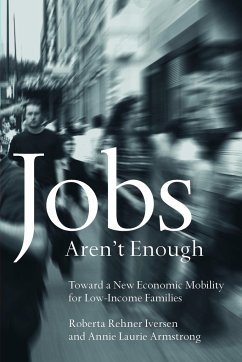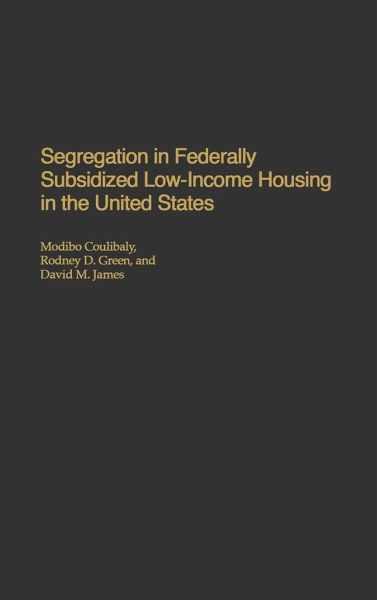
Segregation in Federally Subsidized Low-Income Housing in the United States
Versandkostenfrei!
Versandfertig in 1-2 Wochen
69,99 €
inkl. MwSt.

PAYBACK Punkte
35 °P sammeln!
Earlier studies of subsidized housing assume that segregation is a manifestation of white prejudice, and that the Fair Housing Act of 1968 would significantly remedy inequalities in housing and, in the process, narrow the socioeconomic gap between racial groups. This book argues, on the contrary, that segregation by race and income has been an integral part of federal housing policy from its inception and that white prejudice merely obscures the federal government's role in maintaining segregation. Despite formal claims of providing decent, safe, and sanitary housing for the poor, the authors ...
Earlier studies of subsidized housing assume that segregation is a manifestation of white prejudice, and that the Fair Housing Act of 1968 would significantly remedy inequalities in housing and, in the process, narrow the socioeconomic gap between racial groups. This book argues, on the contrary, that segregation by race and income has been an integral part of federal housing policy from its inception and that white prejudice merely obscures the federal government's role in maintaining segregation. Despite formal claims of providing decent, safe, and sanitary housing for the poor, the authors show how federal low-income housing programs have been used as instruments of urban renewal while doing little to realize their formal goals. The authors use a historical and statistical review of federally subsidized low-rent housing to demonstrate their thesis.






